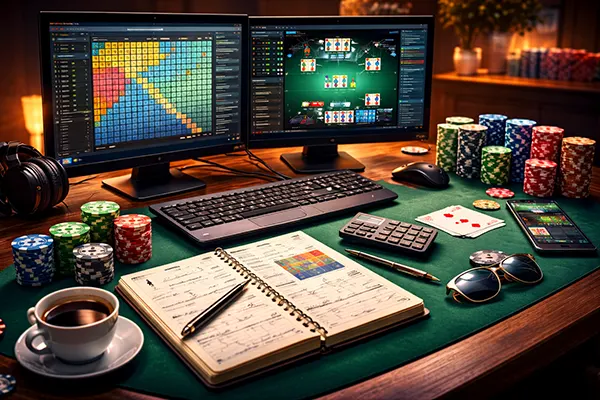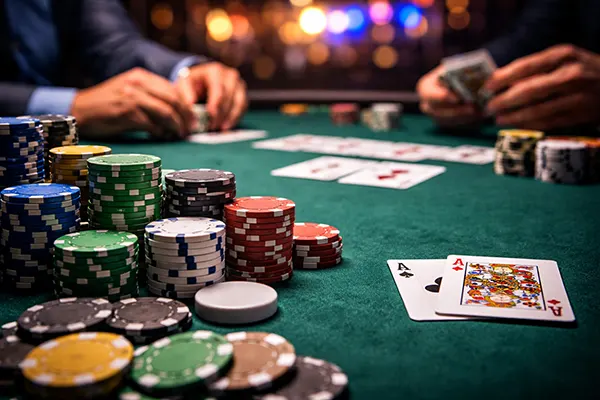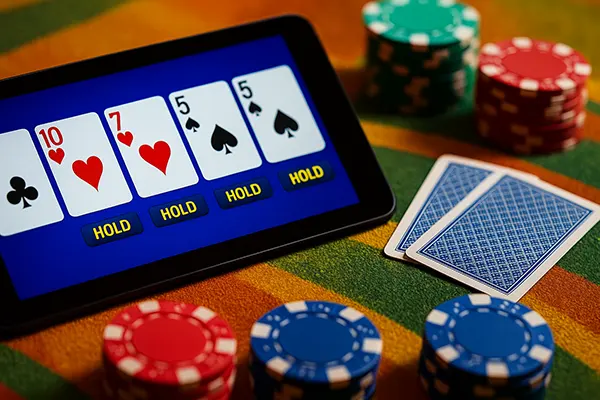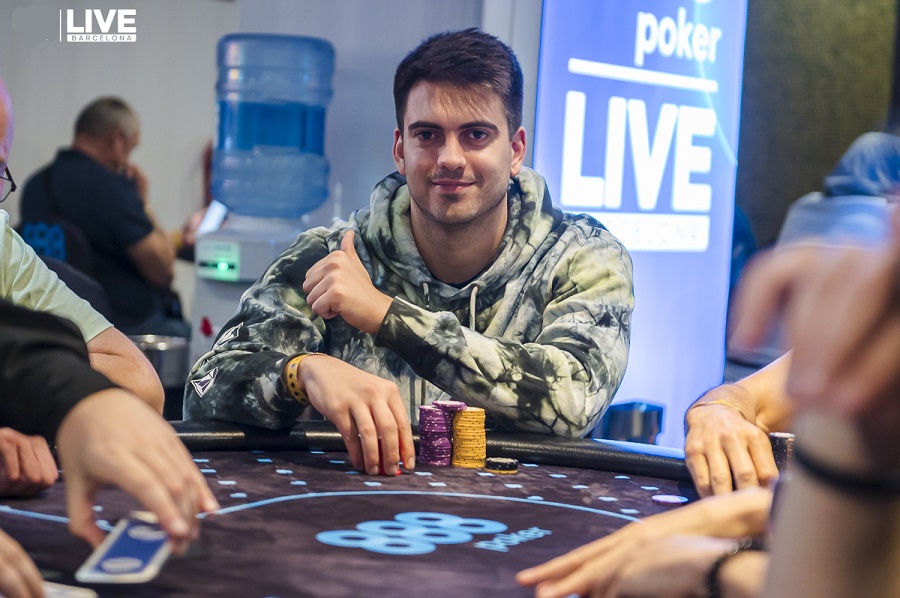
Emotions at the Poker Table: The Underestimated Game-Changer
The world of poker is not just about strategy and odds; it’s equally about the psychological tug-of-war taking place. At the heart of this are emotions, wielding the power to alter outcomes, be it for better or worse. As any seasoned player will attest, understanding and controlling one’s emotions can be as vital as mastering the game’s intricacies.
The Double-Edged Sword of Passion
Passion drives players to immerse themselves in poker, pushing boundaries and seeking excellence. But it’s a double-edged sword.
The Upside
Passion can fuel determination, enabling players to persevere during challenging phases, learn from losses, and continuously refine their strategies.
The Downside
Unbridled passion can lead to overconfidence, making players overcommit or take unnecessary risks, often spiraling into bigger losses.
Anger and the Tilt Phenomenon
‘Tilt’ in poker refers to the state of emotional upheaval, often rooted in anger or frustration. When on tilt, rationality takes a backseat.
Triggers
Bad beats, perceived injustices, or continuous losses can push players into tilt.
Consequences
Decision-making becomes impaired, with players making reckless calls or raises, deviating from a logical game plan.
Fear: The Silent Strategist
Fear, often subtle, can significantly influence decisions at the poker table.
– Effects on Gameplay:
Players might avoid confrontations, fold good hands prematurely, or under-bet due to the fear of loss or uncertainty.
– Overcoming Fear:
Understanding that losses are part and parcel of the game and focusing on long-term strategy over short-term outcomes can help mitigate fear.
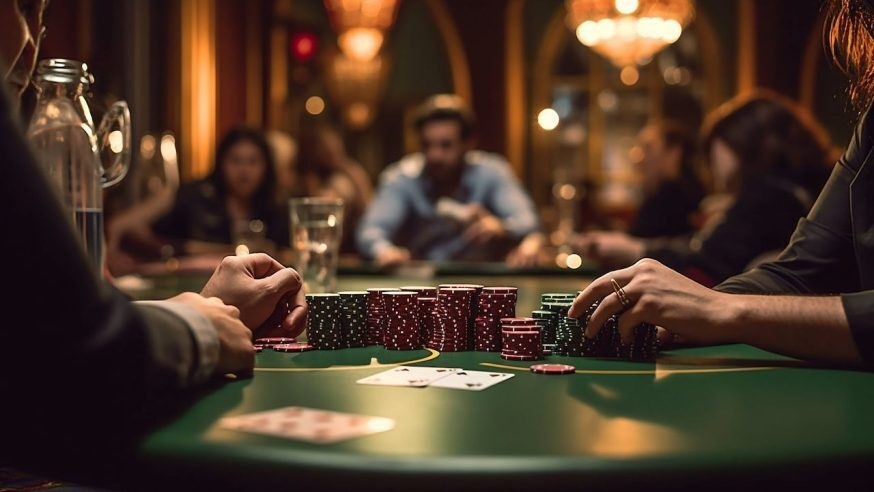
The Role of Happiness and Overconfidence
While positive emotions can uplift spirits, they can also cloud judgment.
Happiness’ Pitfall
Winning streaks might lead to a euphoric state, making players feel invincible, often leading to careless mistakes.
Managing Emotions: The Ultimate Strategy
Recognizing and addressing emotional states is crucial. Taking breaks, practicing mindfulness, or even discussing feelings can help players stay emotionally balanced, ensuring optimal gameplay.

